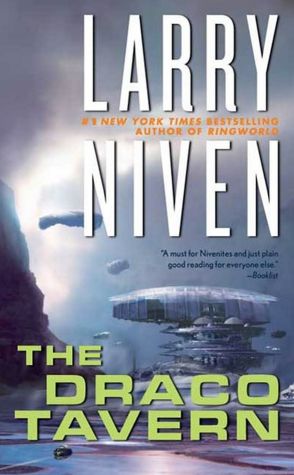New Scientist is my favorite magazine, where science is concerned. They cover lots of cool science, and even have a science fictional streak I admire. But when they venture into questions of God, faith, and religion, they invariably leave me frustrated and disillusioned. The editors approach such questions with such programmatic atheism that any hope for fruitful and open discussion quickly dies. So it was with a certain reluctance that I opened the latest issue: The God Issue: The Surprising New Science of Religion.
Was I greeted by surprising new science? Not really. Did it live up to the promises on the cover? (The idea that launched a thousand civilizations / God's existence put to the test) Not even close.
The bias was pretty upfront, starting with the headline on the opening editorial:
Know your enemy
The new science of religion tells us where secularists are going wrong
They don't mean where secularists are going wrong in their
evaluation of religious belief, but where they're going wrong in their efforts to eradicate it. "Religious claims still wither under rational scrutiny and deserve no special place in public life. But it is a call for those who aspire to a secular society to approach it rationally — which means making more effort to understand what they are dealing with." In other words,
know your enemy. And in the opening page to the features section: "Only by understanding what religion is and is not can we ever hope to move on." By
move on, they seem to mean, discard religion for a more enlightened way of thinking.
So we know where they stand.
But what about the articles? They're a mixed bag. The first, by Justin L. Barrett, is a pretty interesting discussion of how babies and young children learn and develop mental models of "agents" that influence things in the world. There seems to be a built-in predilection for attributing events they see to an "agency," or a higher power. The thesis here is well summarized by the closing lines: "[Children] have strong natural tendencies toward religion, but these tendencies do not inevitably propel them towards any one religious belief. Instead, the way our minds solve problems generates a god-shaped conceptual space waiting to be filled by the details of the culture into which they are born." Not a bad article.
It's followed by several others, including one that discusses how religions may have helped create social structures that brought us out of the Stone Age. I'm not sure I learned much from it, but it wasn't a bad article, either. The collection hits its low point, however, with "The God Hypothesis," by Victor J. Stenger, which proposes to discuss the existence or nonexistence of God by reference to empirical evidence. No empirical evidence is offered, however. What we get instead is a warmed-over collection of statements that this or that aspect of theology has been tested and found wanting. A feel-good piece for atheists: no actual information, no details about what studies have been done or how they were designed. Finally, there's a discussion of the position of Alain de Botton that atheists ought to seek out and adopt the "useful bits" of religion, such as ritual gatherings for the purpose of community building. Fine by me, but not exactly news. Haven't the Unitarians been doing this for quite a while now?
Personally, I'm agnostic on the question of whether God's existence can be proven or disproven by science, or by logic. Most people I know who believe in God do so because of personal experience, personal encounters that have little to do with abstract logical constructions. (Or in my own case, the logical questioning had to bring me to the point of saying, "Okay, this is
possible." And then the experiential part began.) When you've had that kind of experience, the question of "proof" starts to seem tedious and irrelevant. But that doesn't mean I think science should stop looking.
I think the real problem with this particular publication is that the editors, who so excel in other areas of science journalism, are blind to their own biases about the relationship between science and religion. They keep writing as though they've got the whole thing covered, yet seem clueless about what the actual religious experience is. If they could let go—just for once—of the notion that religion is their
enemy, perhaps they could genuinely explore questions such as the role faith plays (or does not play) in mental health, or healing, or personal development, or community building, or intellectual inquiry. I'd even be happy if they could, without demonizing, examine why some religious movements (such as certain conservative Christian streams in the U.S.) so resolutely obstruct the input of science in public policy. I agree this is happening, and it's bad; I disagree with the assumption that religious belief per se is the problem. They might even spend some time talking to scientists who are also people of faith, and see what we can learn about how some pretty rational people integrate those two modes of thought.
Maybe these questions don't belong primarily in a science magazine, though I don't see why not. But I do wish the editors of New Scientist would recognize that what they're putting in the mag now isn't so much science as dogma pretending at science.
Maybe the true enemy isn't religion, but intellectual prejudice.
Labels: faith issues, public affairs, religion, science









